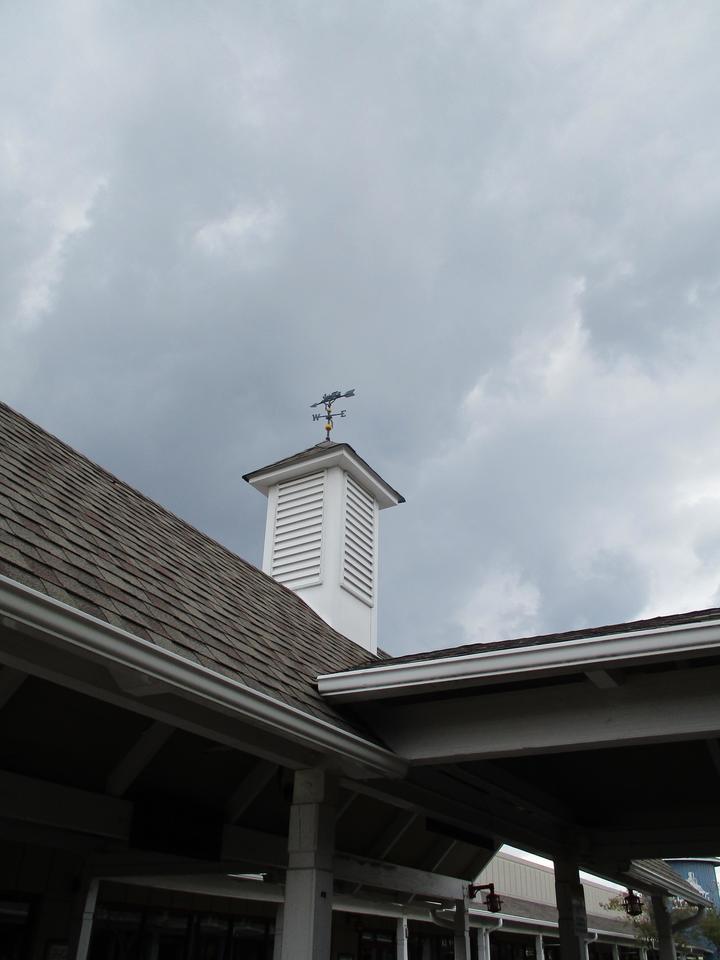Extreme rainfall events like this week’s storms in Louisiana are expected to grow increasingly common in the coming years. Louisiana is always at risk of floods, naturally, but climate change is exacerbating that risk making heavy downpours stronger and more frequent. What’s the connection? As the atmosphere warms, so does the ocean. Evaporation speeds up, making more water available for a storm to pick up and dump as it sweeps through.
Tom Tucker, treasurer and assistant stated clerk for the Presbytery of South Louisiana said, “The area impacted by the flooding is immense. Record rainfall in a very short period of time, rivers are cresting four to five feet higher than they’ve ever crested before. In some cases, the rivers are 10 to 12 feet above flood stage.” [How over 2 feet of rain caused historic flooding in Louisiana in less than 72 hours]
Had last weekend’s storm been a hurricane, more advance warning would have been possible to give people more time to evacuate. But it took the region largely by surprise as low-pressure weather systems like this storm are harder to predict.
Dr. Katharine Hayhoe, an evangelical Christian climate researcher whom NC Interfaith Power & Light hosted at events across North Carolina earlier this year, said in an interview with The Washington Post this week, “We design our infrastructure and plan our society looking backwards, assuming that the past is a reliable predictor for the future. And looking backwards does keep us safe, when climate is relatively stable, as it has been over much of the history of human civilization on this planet. When climate is changing, though, relying on the past to predict the future will give us the wrong answer — and not just a wrong answer, but a potentially dangerous one.”
If places that have flooded before will flood again, and places that haven’t in the past will do so for the first time, communities across the country will be in a perpetual state of response and recovery. It becomes imperative that we find a way to lessen the impact of these types of disasters and better prepare. Building resilience — the ability to adjust easily to or recover from a stress or change — is an important step in preparing to successfully address current and future pressures.
Next month NC Interfaith Power & Light will be participating in the Carolinas Climate Resilience Conference which seeks to assist communities by providing a platform to share experience and knowledge of opportunities, tools, resources, local initiatives, and expertise. Faith communities have a unique role to play in helping to create disaster plans in advance and educating the local community about hazard risks and what to do about them.
Contact NCIPL Director, Susannah Tuttle at susannah@ncipl.org to learn more about how to engage your church in NC’s faith-based initiatives to address the issues and impacts of climate change as a moral imperative.

